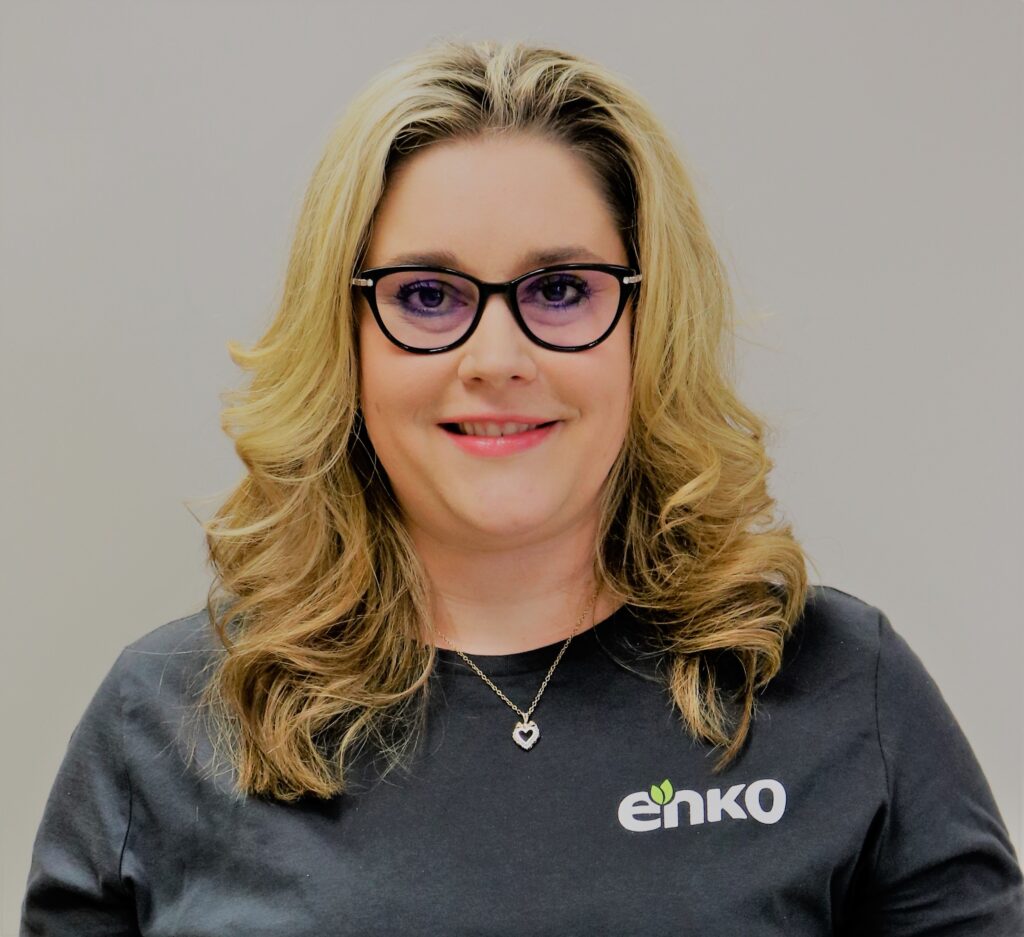2023 Alumni Keynote

Brittany Baisch, ’08
Dr. Brittany Baisch is the Regulatory Toxicology Lead at Enko, a crop protection company that designs safe and sustainable solutions to farmers’ biggest crop threats from pest resistance to new diseases. She is also an adjunct professor at Western Connecticut State University in the Chemistry Department. Prior to her role at Enko, Brittany was the Research Fellow for Toxicology at the Henkel Corporation where she developed and lead the North American Laundry and Home Care Product Safety program. She evaluated hundreds of new ingredients, formulas, and unique product formats. She was previously the Principal Toxicologist for laundry and dish products at Sun Products Corporation where she worked with retail customers and brand teams to ensure products were evaluated for safety and appropriately labeled. Brittany started her career as the toxicologist of Kraft Foods, where she lead programs to monitor and evaluate contaminants in the supply chain, worked on assessments for novel food ingredients and food allergy management policies, and developed a packaging safety program. Brittany holds bachelor’s degrees from Western Connecticut State University in Chemistry, Biochemistry and Spanish and an MS and PhD in Molecular Toxicology and Environmental Medicine from the University of Rochester School of Medicine and Dentistry. Brittany is a board-certified toxicologist as a Diplomat of the American Board of Toxicology (DABT). She is also on the Board of Directors for both the Connecticut State Colleges and Universities Foundation and the American Board of Toxicology. She has held several leadership positions within the Society of Toxicology, including President of Women in Toxicology, Vice President of Sustainability through Contemporary Chemicals, Councilor for Ethical, Legal, Forensic and Societal Issues, and had been Secretary/Treasurer of the Exposures Section. Brittany has a passion for ensuring that the consumer products we use every day and for growing the world’s food supply are safe for humans and the environment.
Keynote lecture title: The art of horizon scanning to inform safety decisions
Abstract: Scientific rigor has been the cornerstone for evaluating chemicals hazards and exposures, and then determining risks to human and environmental health. As society has become more technologically advanced, the consumers and public are more savvy and more critical of whether or not the products they use and the food they eat are truly safe. Toxicologists aim to serve as the source of the truth – where industry standard and state-of-the-art scientific studies to assess hazards, advanced computational models, and tools to predict or measure exposures, and methods for calculating and interpreting the risks are all rapidly evolving and improving. Scientific rigor is simply no longer enough for toxicologists to provide assurance of safety. It is now required to scan the horizons of the regulatory climate, gain input from experts, retailers, non-profits, and understand consumer opinions to address safety concerns that are both perceived and real. As such, a new approach has emerged that is proactive, which is the integration of scientific rigor with scientific affairs to assess, communicate, and manage human and environmental health risks. Case studies of how scientific affairs information is garnered and integrated to evaluate risks, and who is involved, will be highlighted with examples from the household products, food, and crop protection industries.

